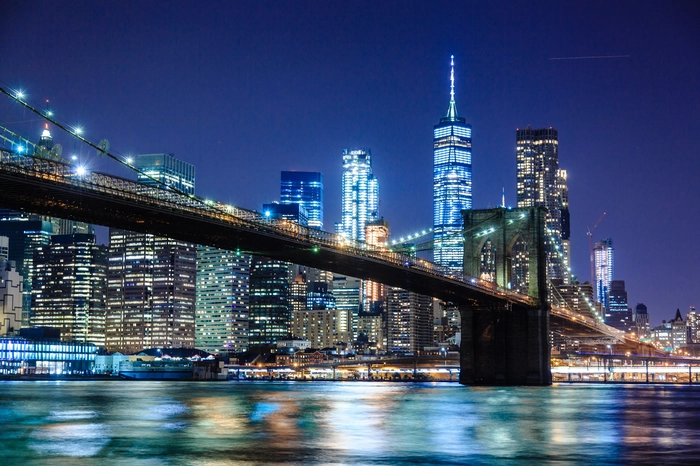The city's origins
The first stones of this urban giant were laid by Dutch settlers in 1624, when they established a colony on the island of Manhattan. Over the years, New York has been the scene of various historical events, from the American Revolution to the massive wave of immigration in the early 20th century. These multiple influences have shaped a city with a rich and complex past.

Unique features of New York
What makes New York unique is its elusive character and ability to constantly reinvent itself. Towering skyscrapers, iconic neighborhoods like Harlem and Brooklyn, Broadway theaters and the incessant pulse of the streets make New York a metropolis like no other. The city is a cultural kaleidoscope, fusing tradition and modernity.

Dynamic climate
New York's climate varies with the seasons, offering a different experience every time you visit. From hot summers to cold winters, the city dons a dazzling blanket of snow, creating a magical atmosphere during the holidays. Spring and autumn bring a temperate mildness, encouraging locals and visitors alike to explore its parks and lively streets.

Cosmopolitan population
New York is home to a cosmopolitan population, reflecting diversity from all over the world. Neighborhoods such as Chinatown, Little Italy and Harlem bear witness to the heritage of the immigrants who shaped the city. This cultural diversity is reflected in the cuisine, art, music and festivals that color the daily lives of New Yorkers.

Conclusion
New York, with its historic origins, striking uniqueness, dynamic climate and vibrant population, remains an endless source of fascination. It's a city that never sleeps, where every street corner tells a story and every horizon promises a new adventure.


